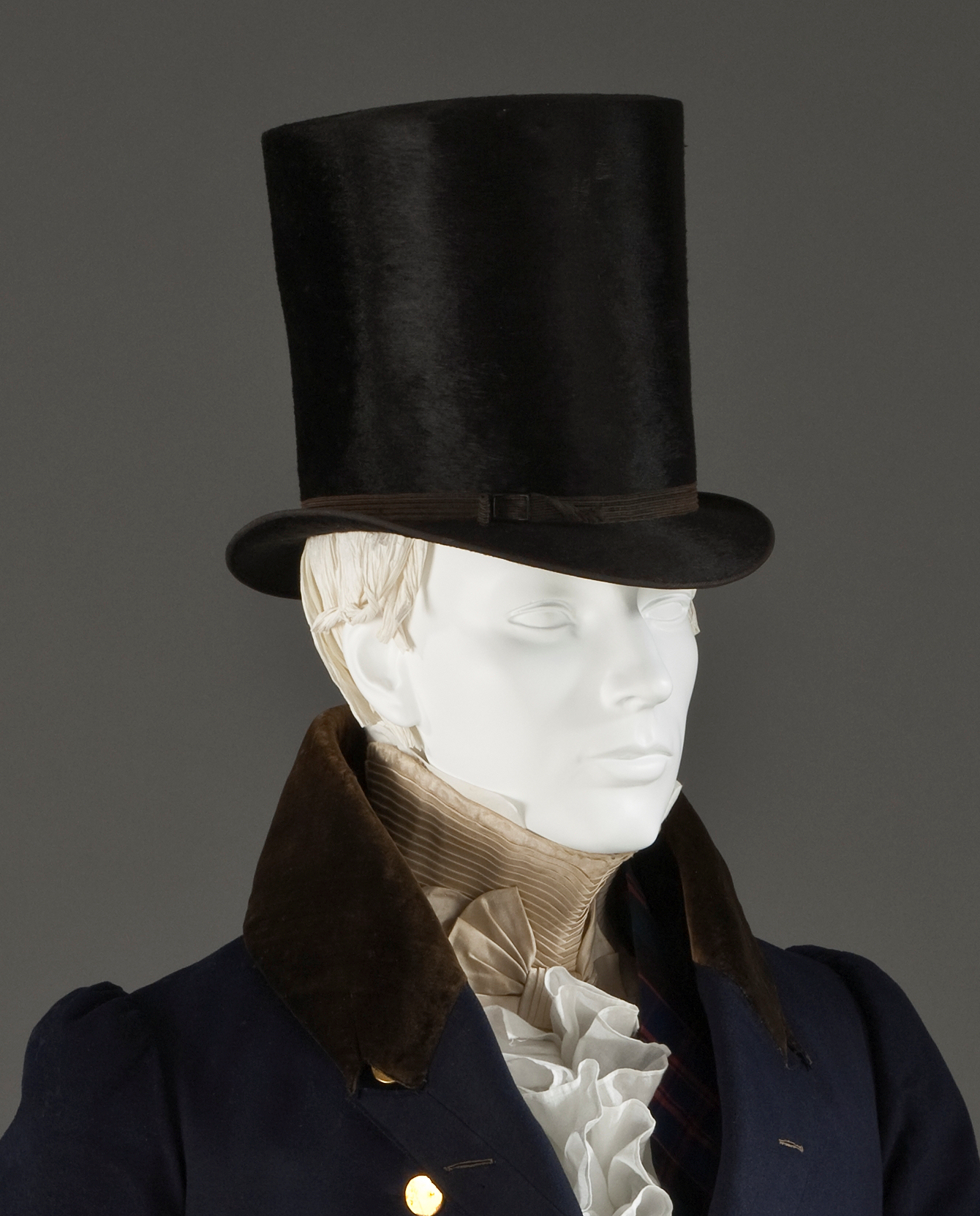I'm not going to tell you the author or title of the book I am discussing today, but I will say that it was not written by any past or present SleuthSayer.
The book is a first novel, much anticipated, and written in a particular style. It is a style I like and I was much looking forward to it. And everything was going well for the first third of the book. Then a new character walked in wearing a black top hat covered with neon letters spelling out I'M THE KILLER.
Okay, I am exaggerating. No hat. No neon letters. But as soon as this guy walked in I said: that's the killer.
I am not a reader who feels a need to guess the murderer or feels disappointed if it's too easy or it's too hard. Most crime novels I read are not even whodunits. But this rankled.
It got worse. A hundred pages later the heroes received the benefit of what I call an unearned clue. They visited a place for reasons unconnected to crime, and chatted with a stranger. When the stranger found out they were cops it was "Oh, by the way..." and out came a big hint that pointed straight to top-hat-man. They didn't recognize it.
 |
| By J.J. at the English language Wikipedia |
Well, it was a disaster.
The editor - a well-known one in the mystery field - should be embaressed. He or she (I'm not telling) should have spotted the first-time author's mistakes and insisted that they be fixed, which would not have been that hard. Instead we have what looks like contempt for the reader, which is never good for future sales.
I checked the blurbs on the cover of the paperback edition. Only one was from a review. The rest, and they were plentiful, were from well-known mystery writers. Perhaps they liked the book, but I suspect they liked the author more.
Enough whining. Perhaps I can provide a useful writing tip. Why did I suspect the killer was the killer as soon as he walked in?
Because he had no other plot-related reason for being there at all. He strolled into his boss' office while the cops were interviewing him, got a detailed description from the author, and was introduced. No immediate explanation for why he belonged in the story. And so, my alarm went off.
My penance for that author? Read five Agatha Christie's. She had her limits, but nobody could hide a killer or a clue in plain sight with her skill.
So what disappoints you in a mystery?



Of course Rob, you've piqued my interest/curiosity about what the book is...
ReplyDeleteOne of the things that disappoints me is "pulling rabbits out of the hat". In other words, when the solution isn't foreshadowed and just sort of comes out of the blue. Drives me nuts.
Oh, I HATE that. I ran across that with a novel that I read for the Edgar awards: first half brilliant beyond compare. Then straight down the rabbit hole into schlock.
ReplyDeleteAnd you're right, when it came to red herrings and new characters, Agatha Christie (who, as you said, had her limits) was a master at hiding everything in plain sight. Which is why I keep rereading her stuff.
Oh, also, I remember reading "Trent's Last Case", knowing who did it at the first chapter, but telling myself, it can't be, because this is an honored mystery... and being so disappointed when it turned out I was right.
ReplyDeleteFascinating, Rob--and like Paul, I'm curious (of course) about the book.
ReplyDeleteI'll admit I'm not usually a match-wits-with-the-detective kind of reader, but I also don't like clumsiness of the kind you're talking about. The best books, I think, don't rely on the puzzle alone; even if I can spot the killer, I still want there to be other aspects that I can enjoy and appreciate. And like Paul said (echoing him again, I know, I should've gotten here sooner!), I hate the sudden unearned ending--like we've reached the end of the book or story so gotta wrap things up and.... surprise!
And Eve: I haven't read Trent's Last Case since I was a teenager, but I remember as well wondering over the acclaim it got. I need to reread it again sometime....
Good post here.
My grandmother had an attic full of Agatha Christie books. Starting around age 9 or 10, I read all of them plus all the Ian Fleming books my uncle collected. In one of Agatha's books, a policeman or detective was explaining to someone how people see what they expect to see ... one person might notice dusty old furniture in a room, somebody else notices the chairs are valuable antiques, somebody else sees a fingerprint in the dust, which belongs to the killer. You can hide even a big clue in plain sight of a person who won't notice it's there.
ReplyDeleteGreat post, Rob--I like the pictures of men in hats (especially the first picture). I've read mysteries with exactly the problem you describe: A character seems to have no function in the plot and is never suspected, so we know he or she is the killer. I also get annoyed by whodunits that aren't really whodunits at all, just accounts of investigations. The detective pursues various false leads, uncovers one insignificant clue after another, has a few close calls, and then, in the final chapters, stumbles across the only truly significant piece of information. It's impossible to know who the culprit is before that moment, impossible not to know afterwards. Whodunits should start revealing significant information in the first chapters, so readers have a chance to piece things together. As others have said, not every crime novel has to be a whodunit, but if one decides to write a whodunit, one should show some respect for the form.
ReplyDeleteI can't stand plot holes. And things need to make sense.
ReplyDelete